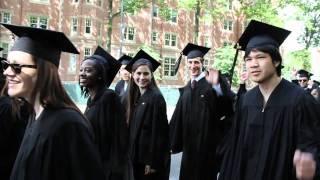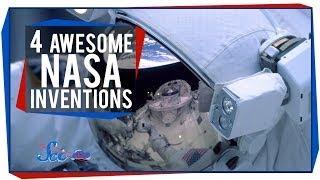Time Travel, Teleportation & Science
Time travel is the concept of moving between different points in time in a manner analogous to moving between different points in space, generally using a theoretical invention, namely a time machine. It has a commonly recognized place in philosophy and fiction, but has a very limited application in real world physics, such as in quantum mechanics or wormholes.
Although the 1895 novel The Time Machine by H. G. Wells was instrumental in moving the concept of time travel to the forefront of the public imagination, The Clock That Went Backward by Edward Page Mitchell was published in 1881 and involves a clock that allowed three men to travel backwards in time.[1][2] Non-technological forms of time travel had appeared in a number of earlier stories such as Charles Dickens' A Christmas Carol. Historically, the concept dates back to the early mythologies of Hinduism (such as the Mahabharata), Buddhism, and Islam through ancient folk tales. More recently, with advancing technology and a greater scientific understanding of the universe, the plausibility of time travel has been explored in greater detail by science fiction writers, philosophers, and physicists.
Teleportation, or Teletransportation, is the theoretical transfer of matter or energy from one point to another without traversing the physical space between them. It has a commonly recognized place in science fiction literature, film, and television, but as yet has a very limited application in real world physics, such as quantum teleportation or the study of wormholes.
Science (from Latin scientia, meaning "knowledge") is a systematic enterprise that builds and organizes knowledge in the form of testable explanations and predictions about the universe. In an older and closely related meaning, "science" also refers to a body of knowledge itself, of the type that can be rationally explained and reliably applied. A practitioner of science is known as a scientist.
In modern usage, "science" most often refers to a way of pursuing knowledge, not only the knowledge itself. It is also often restricted to those branches of study that seek to explain the phenomena of the material universe.
Source : Wikipedia
-
03:54

The Science of Rage: Science Friction Ep 12
Added 950 Views / 0 LikesAnger is typically described as something negative, an emotion that will hurt you, but evolution would have selected against anger if it didn't serve an important purpose to human beings. The latest episode of Science Friction heads to New York Comic Con
-
07:03
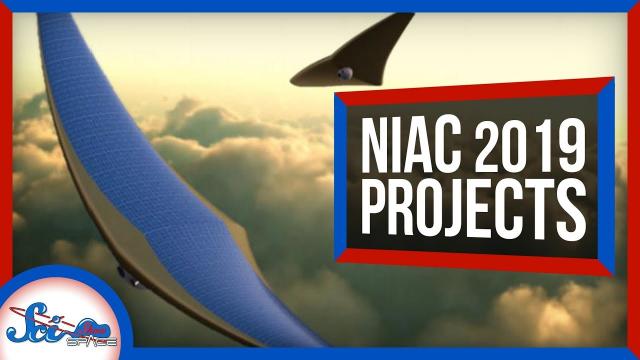
3 Bizarre Projects That Could Transform Exploration | NIAC 2019
Added 412 Views / 0 LikesEvery amazing mission you know about today started off as just an idea, and some of 2019’s early phase NIAC concepts could mean big things for our future.Crash Course Business Soft Skills: https://www.youtube.com/watch?v=EFeEAtXdzFU&list=PL8dPuuaLjXtMBsfP
-
06:47
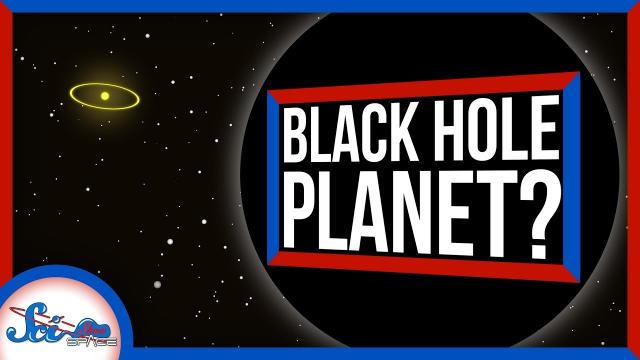
Planet 9 Could Be a Black Hole?! | SciShow News
Added 483 Views / 0 LikesTwo scientists have proposed that Planet Nine could actually be a black hole, and a handful of telescopes observed a distant black hole absolutely destroying a star!SciShow Pin of the Month: https://store.dftba.com/collections/scishowSciShow has a spinoff
-
19:37
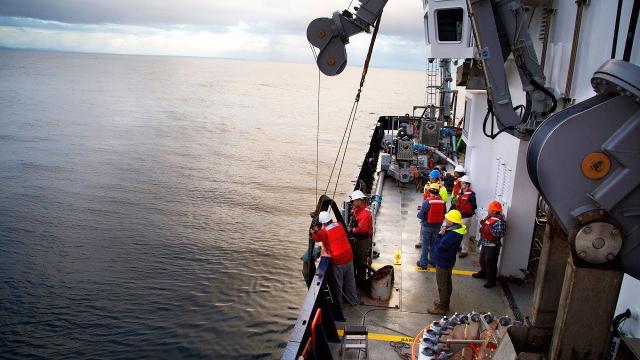
Mining the Deep Sea
Added 393 Views / 0 LikesMining minerals found 15,000 feet below sea level could help secure a sustainable future — but at what cost? Researchers at MIT and beyond are racing to understand its environmental impact.Watch more videos from MIT: http://www.youtube.com/user/MITNewsOff
-
06:55

Astronomers Captured Our Sun in the Highest Resolution Ever | SciShow News
Added 440 Views / 0 LikesA new telescope, the DKIST, has given us our most direct look at the Sun ever, in the highest resolution yet. And a paper published last week has revealed how “the dunes” auroras may be more than just a new spectacle in the night sky. Tigli the Arctic Fox
-
13:57
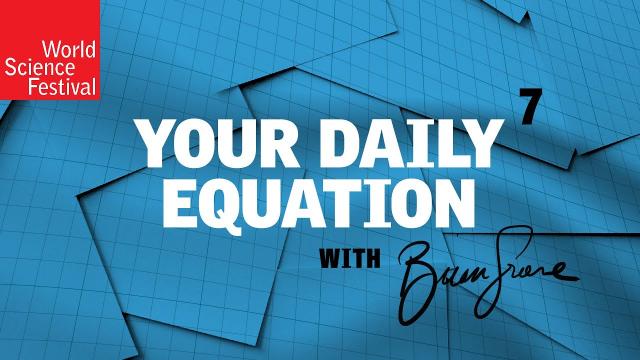
Your Daily Equation | Episode 07: Relativistic Velocity Combination
Added 427 Views / 0 LikesIf you race away from a beam of light, why doesn't the light approach you slower than the speed of light? If you race toward it, why doesn't the light approach you faster than the speed of light. In today's Daily Equation, Brian describes the relativistic
-
06:26
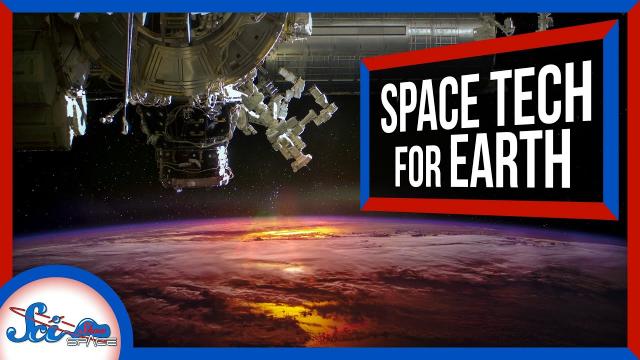
How Space Tech Is Changing Life on Earth: 2020 Edition
Added 531 Views / 0 LikesWe’ve developed thousands of technologies for space exploration, but luckily for us, sometimes those solutions apply to problems here on the ground, too.Hosted by: Hank GreenSciShow has a spinoff podcast! It's called SciShow Tangents. Check it out at http
-
09:37
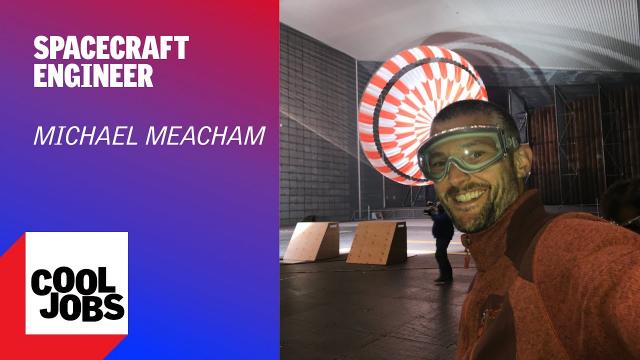
Cool Jobs: NASA Mars Lander
Added 461 Views / 0 LikesMaking sure the parachute deploys exactly on time and lands rovers safely on Mars is in the hands of NASA engineer Michael Meacham. Check out the experiments he conducts on Earth to make sure missions are successful. Episode filmed live at the 2018 World
-
08:09
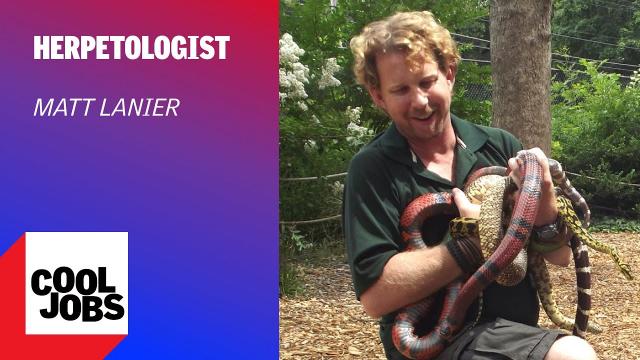
Cool Jobs: Venomous Reptile Conservationist
Added 383 Views / 0 LikesRattlesnakes, cobras, alligators, and a huge collection of venomous reptiles come with lots of risks in the daily life of herpetologist and reptile keeper Matt Lanier. Meet some of these beautiful creatures and learn about the exhilarating work to ensure
-
01:04
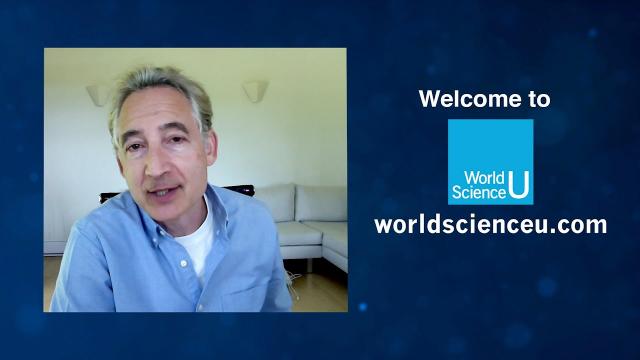
World Science U Live Q+A Session with Brian Greene
Added 444 Views / 0 LikesTune in July 24 at 3PM EDT and join Brian Greene in weekly live conversations with World Science U faculty, exploring matter, mind, and the cosmos.Watch World Science U live sessions here on the World Science Festival YouTube channel. Watch WSU Master Cla
-
03:14
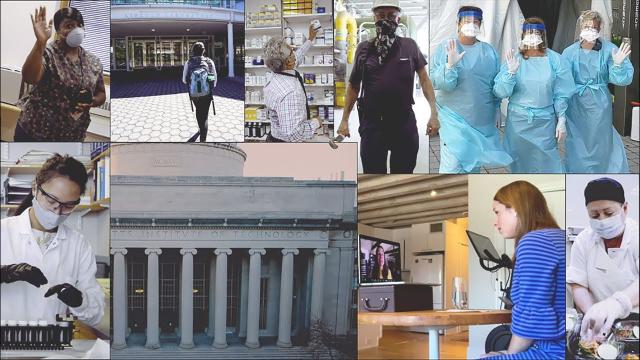
Lifeblood of the MIT Community
Added 406 Views / 0 LikesWhen MIT moved many of its operations online last March, thousands of employees rose to the challenge of remote work. Meanwhile, hundreds of others showed up each day to keep the campus running smoothly and safely. Thank you to everyone on the front lines



